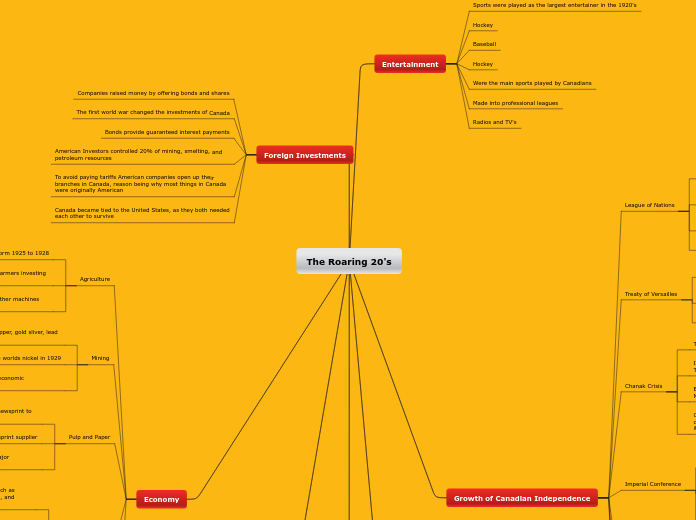por Sahib Khanna 5 anos atrás
234
The Roaring 20's
The 1920s in Canada, often called the Roaring 20s, were marked by significant economic and social changes. The pulp and paper industry, particularly in Quebec, Ontario, and British Columbia, became a major economic driver, making Canada the world'









